My first “real” business was a marketing consulting company.
I had fun, learned a lot, made some good money and provided a ton of value to people.
But, there’s something funny about the way I grew that business. Even though I was a marketing consultant, I didn’t do much marketing for myself!
It’s kind of ironic, if you think about it. Here I was, helping other companies do their marketing. But, when it came to my business, I wasn’t really doing any active marketing. (Nearly 100% of my business was coming from word-of-mouth referrals.)
Today, I spend a lot more time and money marketing my own businesses. I still help other people market their businesses, too.
Sometimes, I’ll start working with a brand new business. In some cases, the business is so new that it doesn’t even have a name, or a logo or even any team members!
I love these opportunities. As a startup entrepreneur myself, I can relate to the excitement and hustle of getting a new business off of the ground.
But, there’s one big question that I always face when working with such companies.
It’s one of the biggest questions you’ll ever face. It has huge ramifications. It can forecast the destruction or success of your business.
It’s the simple question where the heck do I start with my marketing?! What channel do I pick? How do I know?
I can tell you exactly where and how to start!
If you follow the steps that I’m covering in this article, you’ll know which marketing channel to select. You’ll also be 100% confident that the marketing channel you choose is the perfect one for your business.
It gets even better. When you know with confidence what channel to focus on, you will be able to learn that channel extremely well. You’ll start to build your tribe, grow your brand and experience a big surge of growth faster.
There’s another benefit to this process. You won’t waste your money! A lot of business owners and startups throw money away in the early days of their business. They’re jumping from one marketing technique to the next, trying to figure out which one is going to stick.
The fact is, they just don’t know! As a result, they waste money, lose time and, most importantly, lose momentum.
There’s a better way. Let me show you.
Are you still not sure where to start? Learn how I generated 195,013 visitors a month without spending a dollar on ads.
Here’s the Question: What marketing channel should you start with if you’re a brand new business?
This question is totally normal! So, if you’ve ever wondered or asked it to yourself, you’re in great company.
It can be a confusing issue!
A lot of businesses are doing multi-channel marketing — using all kinds of methods to create brand awareness and attract customers.
How do all these channels work together?
To understand that, you’re expected to understand these Venn diagrams!
If you want to market your local brick-and-mortar store, you have a ton of options!
Talk about overwhelming!
As if that’s not enough, each of the channels have various techniques, processes and overlap. A lot of the marketing techniques within those channels require learning some super-complicated stuff!
Sheesh. No wonder we’re confused!
Thankfully, there is a solution — a pretty simple one — but it might not be the answer you are expecting.
Don’t worry. I’m not going to give you some BS answer like “Well…it depends!”
Instead, I’m going to give it to you like it is — a simple, straight up answer:
Here is my answer: You’re asking the wrong first question!
Yep. That’s right. If you want to get a great answer to a great question — which marketing channel to choose for your new business — you need to ask two other questions first.
The answer is going to come and it’s going to be really obvious.
But, we need to get there by following a process.
First, answer two other questions
By asking all three questions in order, we’ll get to the exact answer you’re looking for.
Here are all three questions in order:
- Who are your customers?
- Where do they hang out?
- What marketing channel should you start with to reach them?
Now we’re on to something!
When you answer the first two questions, you can easily answer the final one.
Let me help you unpack it a little bit.
Who are your customers?
First, you need to figure out who it is that’s going to buy your product or service.
It’s a simple idea at first, but can get kind of complicated.
Don’t sweat it. I’m going to keep it simple.
Pick one person who is likely to buy whatever it is that you’re selling.
Let’s say you’re starting a pet care service in California.
We need to get more specific. Let’s say you’re starting a bulldog sitting service in Costa Mesa (because that’s where you live) and you are going to take care of these dogs while people are at work.
That’s better.
Okay, so what about your customer?
Your customer is Linda, a 45-year old working mother of two who owns a French bulldog, is an RN at College Hospital, lives on Pacific Avenue, drives a Lexus SUV and loves the lattes at Portola Coffee Lab.
Boom.
That’s your customer!
You know what she looks like.

May0055486. Daily Telegraph. Kirsty Wark for DT Features. Picture shows BBC Newsnight presenter Kirsty Wark, picture taken at her London flat. Picture date 11/06/2014
You know about her dog.
You can visualize the vehicle she’s driving.
Heck, you even know where she’s going to pick up her latte at 9:30 tomorrow morning!
Creepy? Maybe.
Smart? Definitely.
Maybe you made all this stuff up. I made it up myself, just now!
That’s okay. The point is, you have a target customer in mind, called your persona.
You should get as detailed as possible with you persona, like this one.
Are you beginning to see how this is going to be super helpful for answering the marketing channel question?
Okay, let’s move on to question number two.
Where do they hang out?
By answering question number one, we sort of answered questions two and three.
It almost feels like cheating!
The point is, you know where Linda hangs out physically — at Portola, the coffee shop on Hyland Avenue in Costa Mesa, right? Also, she’s at the hospital. And, of course, at home.
She also has some places she hangs out online.
She hangs out here:
It’s the French Bulldog community on Facebook!
It has 212,098 likes (last time I checked). People post adorable pics of their Frenchies, talk about training methods and share their common love for their pets.
It’s a happening place! And, that’s where Linda is hanging out online!
Now, we’re ready to answer the third question — the one that started this whole effort!
What marketing channel should you start with to reach them?
Can you guess the answer?
To encourage Linda to have you care for her pet while she’s working a 12-hour shift at the hospital three days a week, you would use Facebook advertising.
All you need to do is pick an objective. Maybe you will encourage people to claim a $50 coupon for pet sitting services for the month of March.
Then, you can narrow in on a super specific slice of the population —
- Women
- Costa Mesa
- Age 30-64
- Etc.
You can narrow it down even further to select people who are part of certain groups or share certain hobbies!
Basically, with Facebook, you know you can reach Linda.
You’ve selected the marketing channel to start with for your new business!
But, is that the answer for any business?
No.
We came at that answer only by answering two other questions, remember?
The answer that you arrive at is going to be different, based on how you answer those first two questions.
The Super Simple Solution: Start Marketing Wherever Your Customers Are
I think that this solution is wonderful.
When I was founding KISSmetrics, one of my SaaS startups, I had to answer this question head-on.
My co-founder, Hiten and I faced the issue together.
He was the strategist. I was the tactics guy.
We asked the same questions —
- who’s our customer?
- where do they hang out?
Our answer turned out to be Twitter!
This was Stone Age Twitter!
But, our target audience (Internet marketers) were early adopters of Twitter and they loved using hashtags (which had just come out).
We stepped in, dominated and ramped up our business big-time, using one channel!
That’s all you need to do, too.
Show up where your target audience is. That’s your channel.
Don’t forget to consider these 6 things when choosing a marketing channel.
Getting to the answer is pretty simple.
I’m not going to pretend that it’s easy, though.
You’ll probably have some questions.
I want to help answer those questions. I’ve anticipated some of the common questions. There are 6 of them.
Question #1: What if there are two or more good channels?
Let’s say you’ve gone through the process of asking questions and you’ve come up with not one answer, but two…or three!
I say pick one.
That’s my approach and I have my reasons. I don’t want to spread myself too thin, stress myself out or do something halfway.
I want to know and dominate a single channel before moving on.
I know, it can be hard to pick. Make your selection based on three things
- It is low cost.
- It is easy to learn.
- It takes very little time to get results.
If you still can’t choose, do eeny, meeny, miny, mo. Seriously.
Question #2: How much does the channel cost?
The second thing you want to consider is money
How much does the channel cost?
I know that cash can be tight when you’re a startup. Solopreneurs are often funding business costs from their personal savings. You don’t have a ton of cash to throw around.
What do you do?
If you have a little bit of money, use it on a low-cost channel. The quickest marketing channels cost money. Platforms like Google AdWords and Facebook advertising work, but you’re paying for speed. Content marketing, on the other hand, which doesn’t require a whole lot of cash, works more slowly.
For example, if you choose blogging as your method, you need to stockpile a large collection of blogs before the leads flow plentifully in.
If you have no money, you’re forced to choose a free channel. That’s okay. But, as soon as you have some marketing money, consider ways to use it to enhance this channel.
For example, you can start a Facebook group (free). Then, when you have money, you can advertise your group (not free).
Question #3: How much time does the channel require?
When you’re considering marketing, time is just as important as money (if not more so).
Different marketing methods take differing amounts of time.
For example, it takes a long time to write a long blog post like this. The results are great, but the time invested is substantial.
On the other hand, I can set up a super effective Facebook campaign in thirty minutes!
If you are totally time-strapped, keep in mind that you’re going to choose a marketing channel and that channel will require your time.
Question #4: How long will it take to get results?
The time question has another angle. How long will it take before you actually see results?
I mentioned blogging above. Well, blogging takes quite a while to get results.
I also mentioned Facebook. With Facebook, you can get results in just a few minutes.
If you’re intent on getting results fast, it’s usually going to cost you some money.
If you’re content to wait, then you can probably go forward with a low-cost marketing channel.
Question #5: What’s the learning curve like?
Any channel you choose is going to take some time to learn, even if you’re a really quick learner.
Researchers say that it takes 10,000 hours to learn a new skill. And that’s if you want to be world-class good.
If you simply want to acquire a basic skill level at something, it takes about 20 hours.
In 20 hours, you can be decent.
Keep that number in mind.
- If you work a typical 8-hour day — full-time on your startup, basically — you should plan to devote at least two and a half days to learning your marketing channel. That means you need to take this time apart from your normal activities and totally focus on learning the new channel.
- If you’re working part-time or evenings on your business (2 hours a day), then you should devote at least a week and a half (10 days) to learning the new channel.
Question #6: Realize that some channels have hidden learning hurdles.
Once you select a channel, you might realize that the learning curve might have some unexpected surprises.
Here’s why.
Many marketing channels involve learning another skill.
For example, let’s say you choose Facebook advertising. But, what if you don’t know how to do Facebook? You have to learn skill #1 (Facebook), before you learn skill #2( Facebook advertising).
Maybe you want to try blogging. But, you realize you need to learn some techniques about content marketing and SEO before you can fully jump into blogging.
Many marketing channels and techniques involve several layers of skills and abilities.
Don’t get discouraged. Many of these foundational layers will benefit you in the long term, as you expand into additional marketing channels.
5 Tips and Tricks to Make the Most of Your Channel
I want to leave you with a few parting tips for making the biggest possible impact in your newly selected channel.
Tip #1: Don’t abandon the channel too soon.
If you aren’t getting results as fast as you want, stick it out a little longer. The biggest mistake I see startups make is abandoning a channel right before they get major results.
Tip #2: Go for the quick-and-easy low-hanging fruit.
If you see a tactic or technique that could get you quick results, give it a try!
For example, to attract Linda to your pet-sitting service, you may want to put up a one-page ad in the coffee shop where she is everyday.
Creating a one-page advertisement takes an hour or two of design and then 2-3 hours of posting it around town. Then, you can devote the rest of the time to learning your selected channel.
Just don’t get distracted! If you can snag a quick win with low effort, do it, get it done, then settle into another channel for longer-term success.
Tip #3: It’s okay to switch channels.
If you’ve hit a wall with your selected channel, try to find out why.
Is it too complicated? Does it take too long? Is it too expensive?
Go ahead and switch. It’s fine.
Just make sure that you’re not caving for the wrong reasons. (See the section above on 6 things to consider when choosing a marketing channel.)
Tip #4: Learn as much as you can about the channel you’ve selected.
Become the master, the go-to authority on that channel.
The better you become at your selected channel, the better results you’ll get from your marketing.
Tip #5: When you’ve mastered a channel, add another one.
You don’t want to stay stuck in single channel marketing land for too long!
When you are getting solid results from your channel, consider branching out.
I recommend automating or outsourcing the channel you’ve selected, so that it can keep working while you add another one.
Conclusion
If you skipped to the conclusion to see if you could get a quick answer, I don’t blame you. This is a long article.
What marketing channel should you start with if you’re a brand new B2C business?
Here’s your answer: Facebook.
Facebook isn’t paying me to say that. I just think, based on research and experience, that it’s the most effective channel for most new businesses.
Millions of people use it. The Ad Manager platform allows for hyper-specific targeting. You can accurately track and control your metrics. Any type of business can use Facebook for any type of marketing objective.
You can see that most startups choose social media as their top choice marketing tactic.
Facebook is a great choice if you have some money to spend.
But, to get the best answer for your business, go back and review the foundational two questions:
- Who is my customer?
- Where do they hang out?
The answer to those questions will tell you exactly which channel you need to select.
What channel are you going to select for your new business?

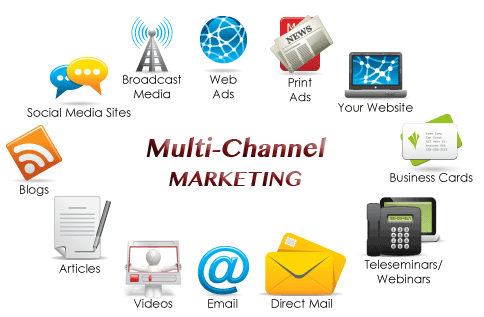
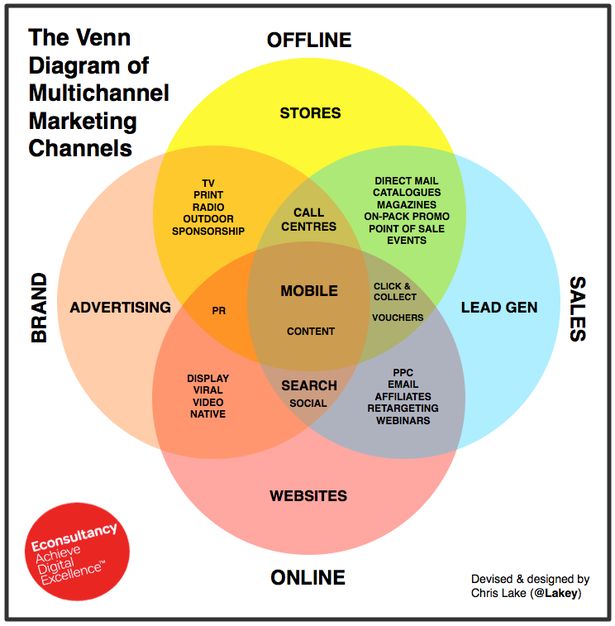
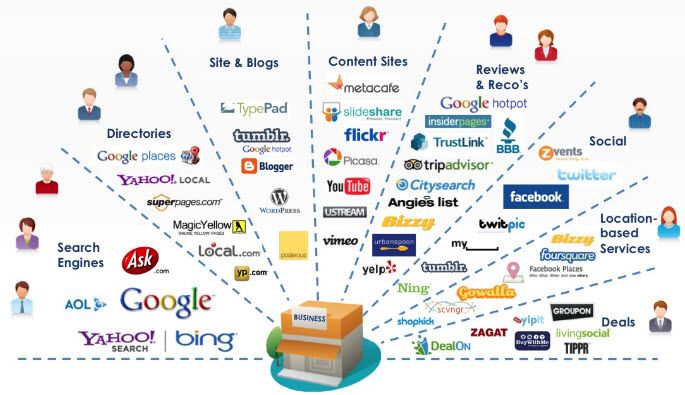
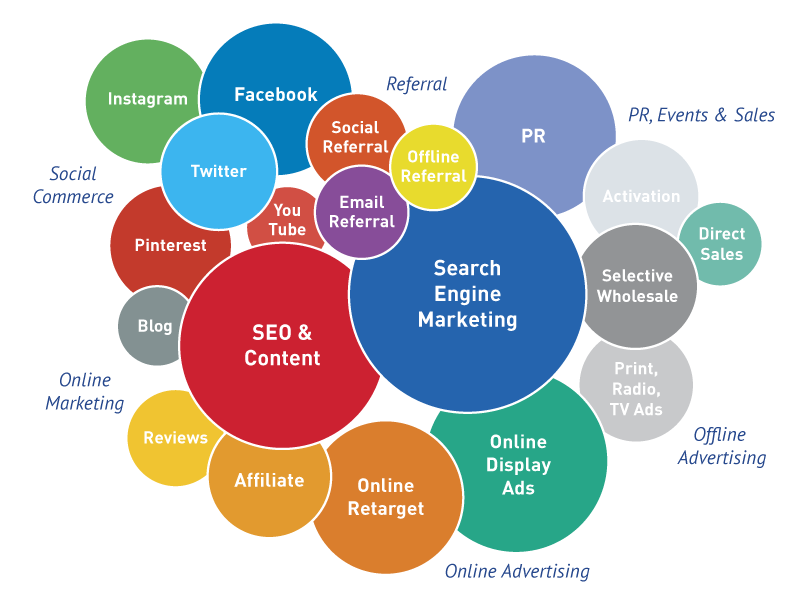

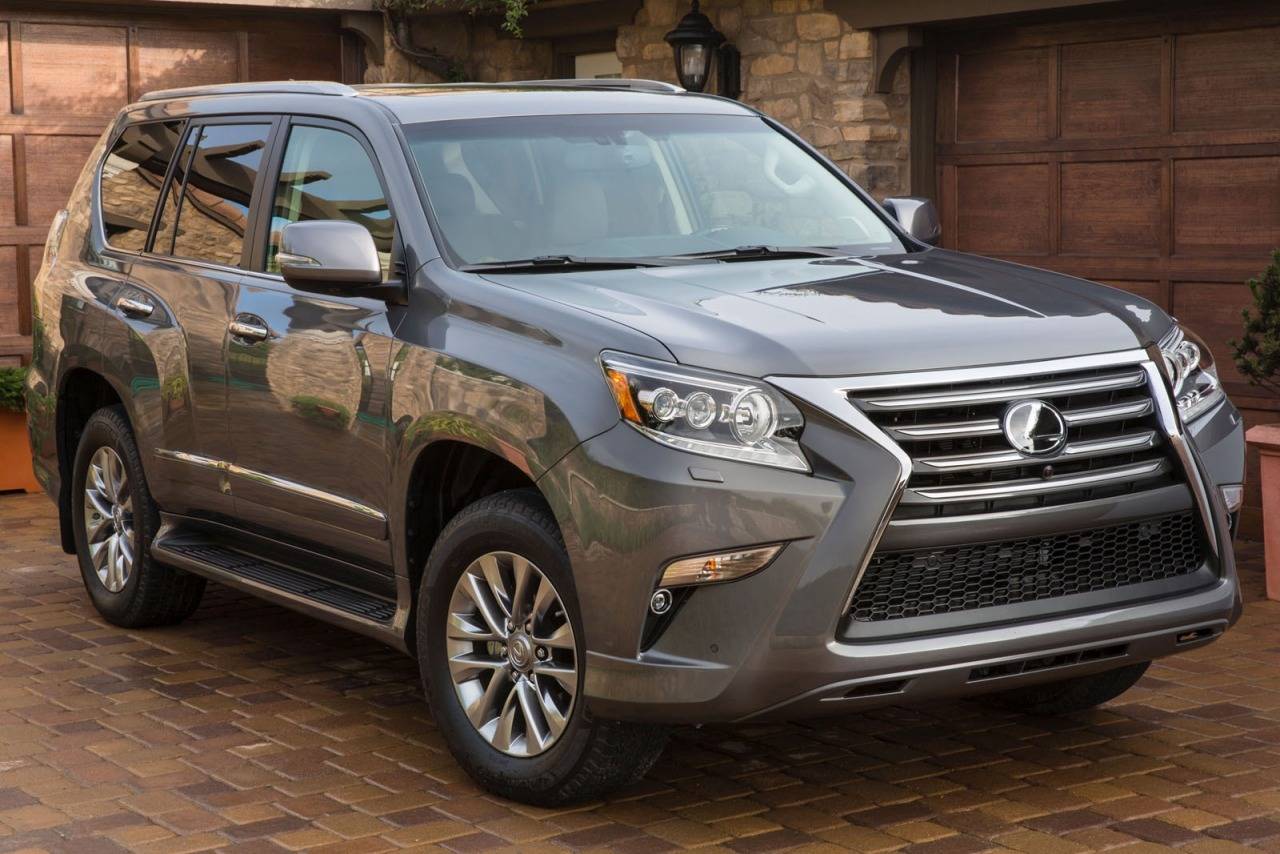

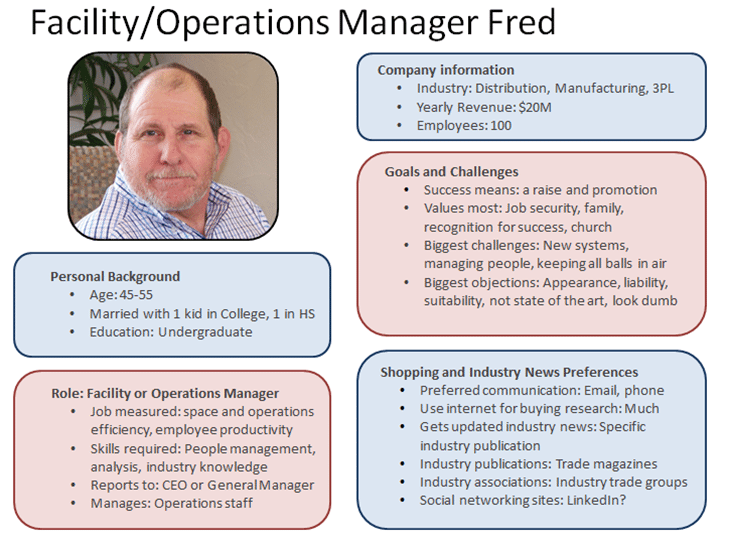
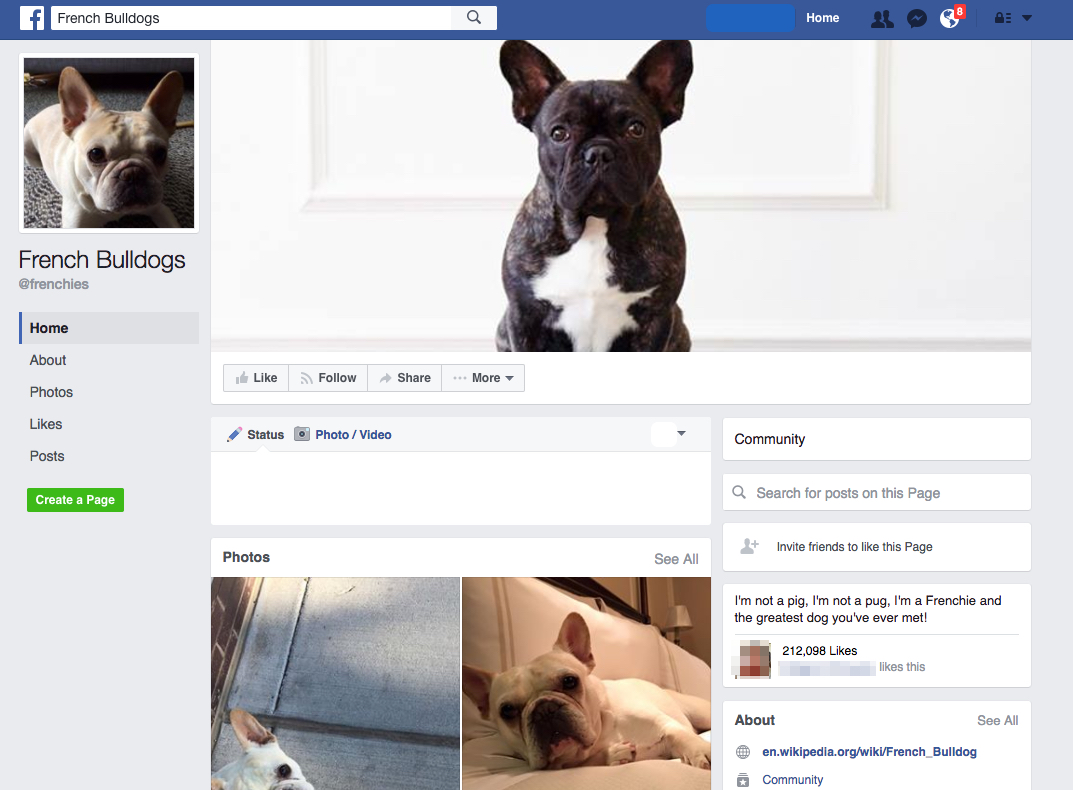
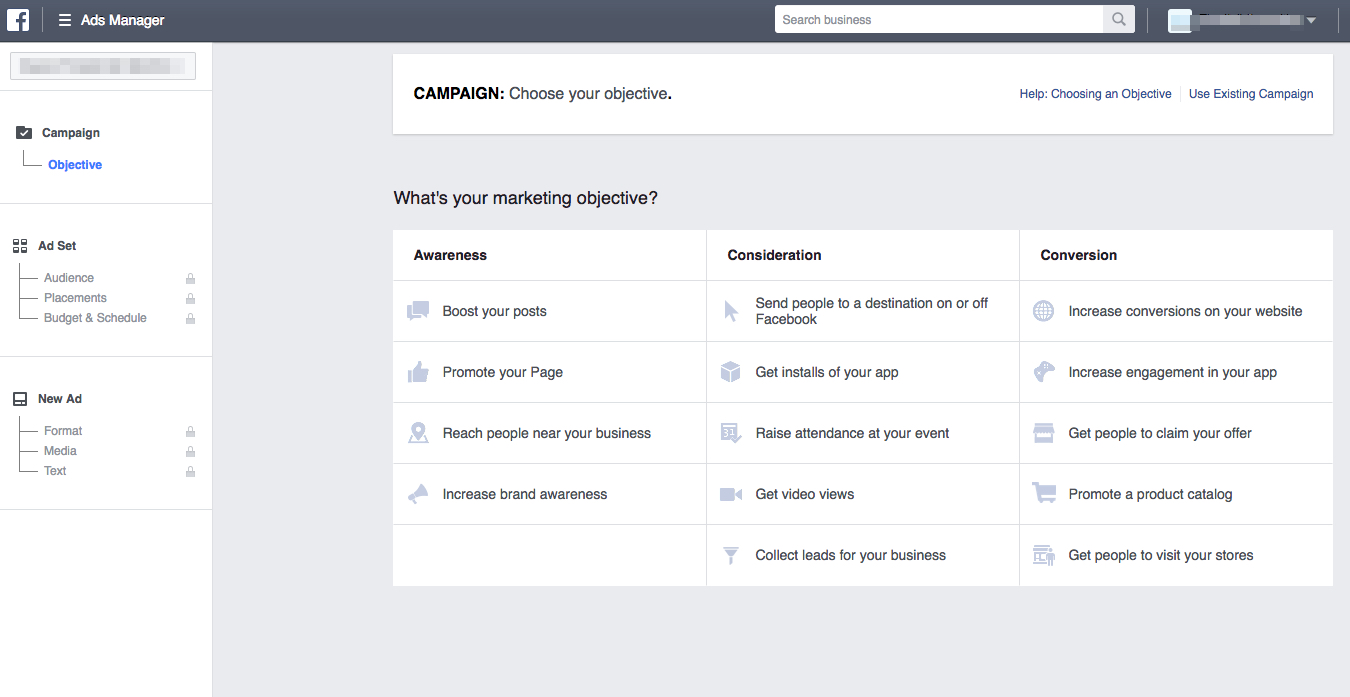
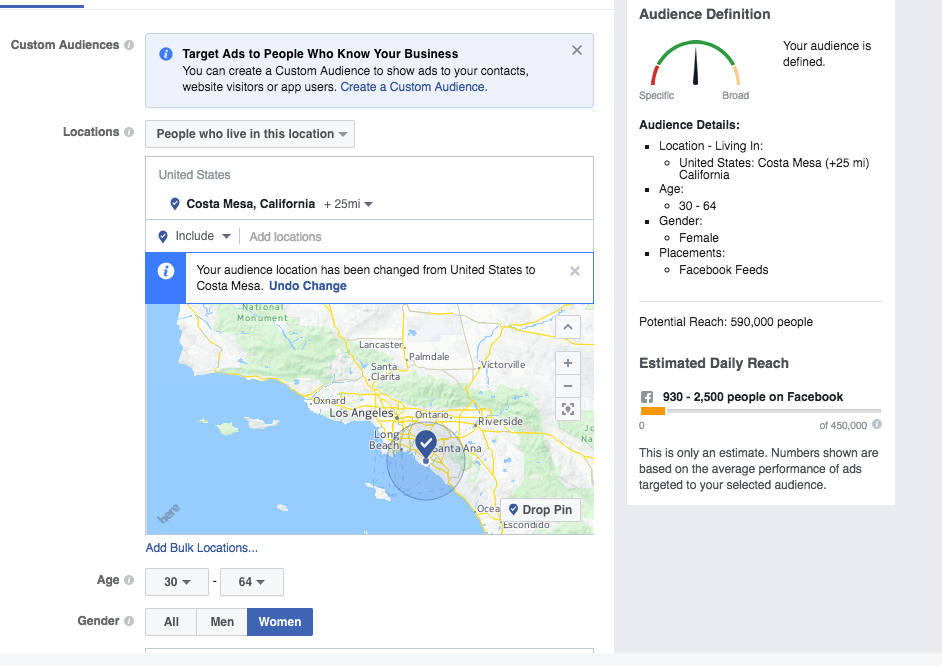

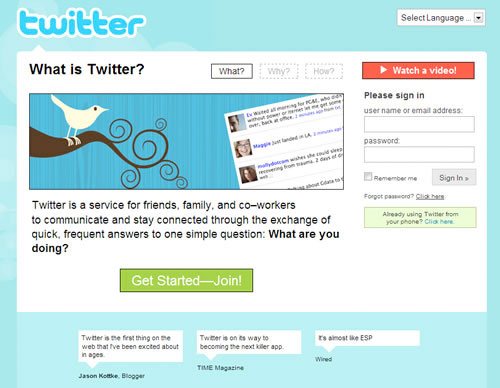

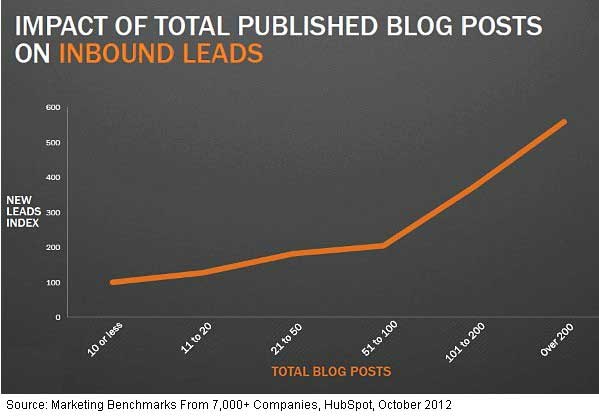
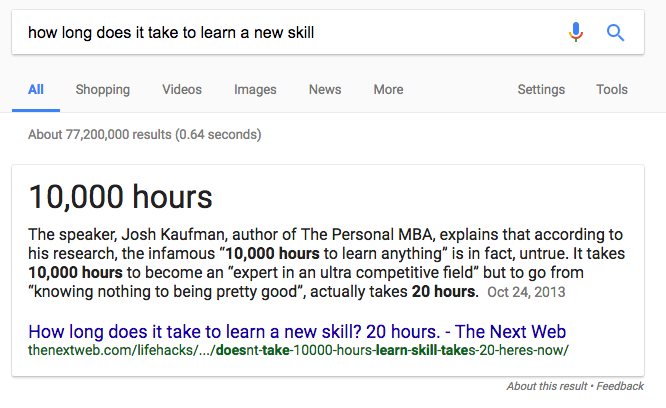
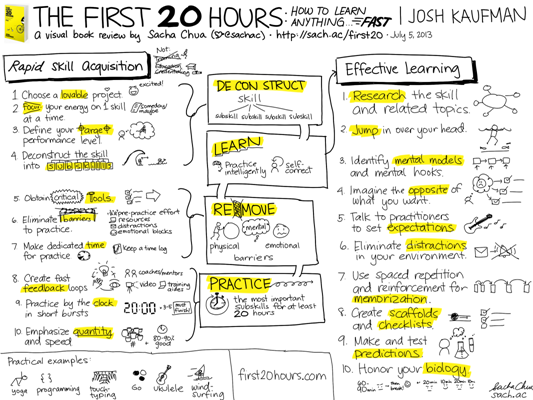
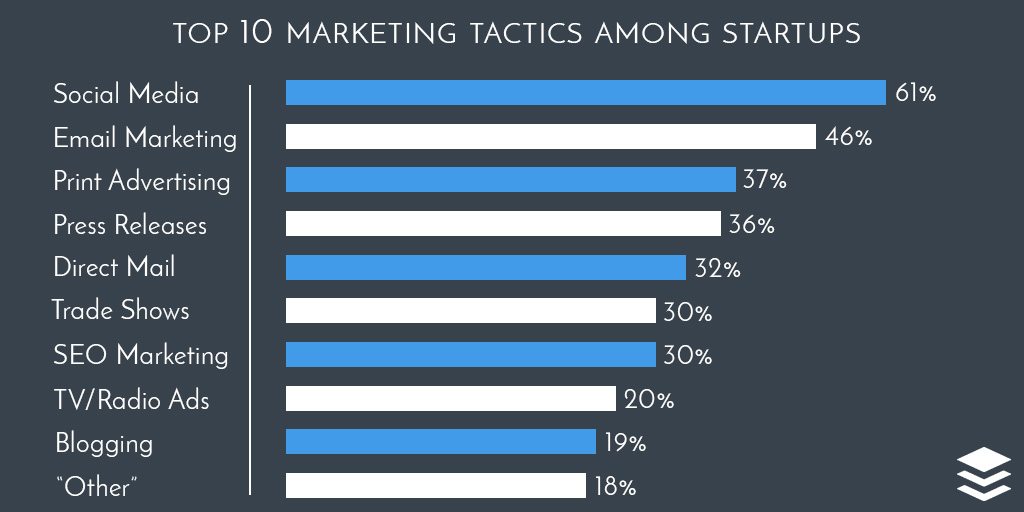
Comments (56)